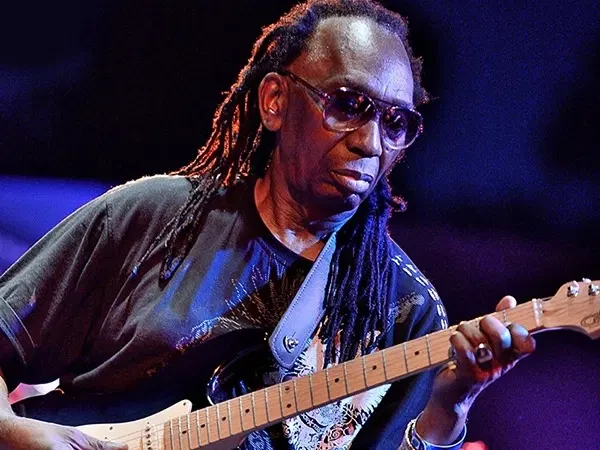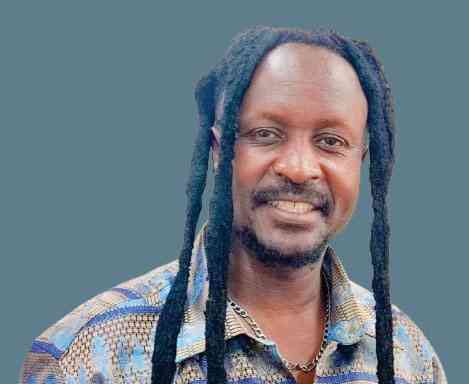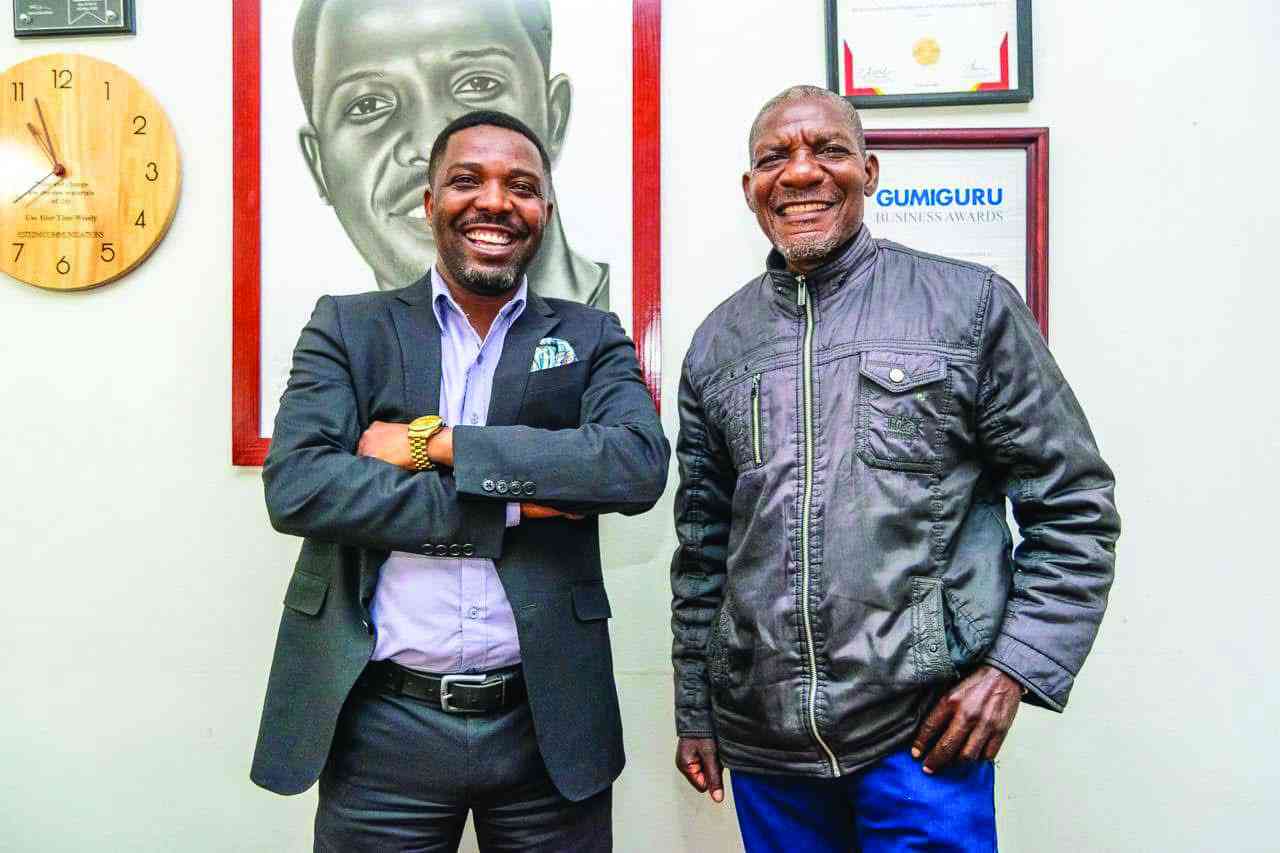
In Zimbabwe, a country marked by socio-economic difficulties, political instability, and a rapidly changing cultural landscape, the youth face a host of challenges that impact their personal and collective identities.
The arts sector, particularly those rooted in local mother languages, play a pivotal role in helping young people express their experiences, voice their struggles, and advocate for change.
Zimbabwean youth encounter a range of challenges that hinder their growth, from unemployment and poverty to social disillusionment and marginalisation.
High unemployment rate and economic instability force many young people to make difficult decisions regarding their education and future prospects.
The situation is compounded by an educational system that often does not equip students with the skills required for the contemporary job market, leaving many feeling disconnected from the future they had envisioned.
Furthermore, the youth are grappling with political disillusionment, the impact of historical injustices, and a shrinking space for meaningful participation in governance.
This disempowerment often leads to a feeling of hopelessness, further exacerbated by the absence of avenues for self-expression or platforms that allow them to challenge these harsh conditions.
Art has long been a vehicle for social change, and in Zimbabwe, it remains a powerful tool for addressing the complex challenges facing young people.
- Mavhunga puts DeMbare into Chibuku quarterfinals
- Bulls to charge into Zimbabwe gold stocks
- Ndiraya concerned as goals dry up
- Letters: How solar power is transforming African farms
Keep Reading
The arts serve not only as an outlet for creativity but also as a form of resistance and an assertion of identity in a society where the youth are often marginalised.
Musicians, poets, playwrights, and visual artists use their platforms to highlight the realities of life in Zimbabwe, challenging the status quo and offering solutions that resonate with the youth.
One of the most striking ways that the arts function is through music and spoken word poetry.
Zimbabwe’s popular music genres such as Afro-jazz, Hip-hop, and Zimdancehall have become a powerful means of communication for the youth, especially in the context of economic hardship and political oppression.
Artists like Tocky Vibes and Winky D, use their music to speak out against social injustices, and offer messages of hope, and give voice to the struggles of the youth.
Their lyrics resonate with listeners, creating a shared experience and fostering a sense of unity in the face of adversity.
Additionally, spoken word poetry has emerged as a popular art form for Zimbabwean youth.
It allows for direct engagement with critical societal issues, with young poets using their language to address topics like poverty, gender inequality, and the failure of political systems.
By focusing on these issues, poets open a space for healing, self-expression, and empowerment among young people.
Zimbabwe is a multilingual country with 16 officially recognised languages, including Shona, Ndebele, and several minority languages.
However, colonial influences have often marginalised these languages, making them less prominent in formal settings such as education and government.
The use of mother languages in the arts provides a critical platform for reclaiming cultural identity and offering an authentic voice to the youth.
Mother languages are essential for effective communication, cultural continuity, and the preservation of heritage.
They connect the youth with their roots and enable them to articulate their experiences and emotions more profoundly.
Artists who use Shona, Ndebele, and other local languages help bridge the gap between formal education, which often operates in English, and the youth’s lived realities.
In music, for instance, the use of Shona or Ndebele allows artists to tap into the deep emotional and cultural reservoir of their audiences.
The songs resonate more intimately when they are sung in a language that reflects the lived experiences of listeners.
Zimbabwean artists such as Mbeu, Sungura musicians, and Oliver Mtukudzi have maintained relevance by keeping the use of local languages in their music.
Moreover, integrating mother languages in art serves as a form of cultural preservation.
With Zimbabwe’s youth facing the erosion of traditional values in the face of globalisation, artistic expression in local languages becomes a means of reclaiming indigenous knowledge, reinforcing cultural pride, and combating the alienation many young people feel.
Artistic expression also enables the youth to engage in political discourse and advocate for change.
In Zimbabwe, where freedom of expression has often been stifled, musicians, poets, and visual artists have been at the forefront of calling for social justice and human rights.
Music, poetry, and theatre have long been used as forms of protest, and today, they continue to hold a mirror to society, critiquing political leaders, the socio-economic conditions of the country, and the oppressive structures that inhibit progress.
Artists like Thomas Mapfumo and Chimurenga music helped shape the liberation movement, and today’s youth continue this tradition through art.
Through these mediums, Zimbabwean youth express dissent and frustration while using artistic language to avoid censorship and suppression.
In addition, artists are increasingly using digital platforms, such as social media and YouTube, to spread their messages far and wide, reaching a larger audience both locally and internationally.
These platforms allow for a global exchange of ideas, with Zimbabwean artists contributing to a wider conversation on youth empowerment, human rights, and socio-political change.
In Zimbabwe, the arts sector and mother languages offer a unique and powerful way for the youth to articulate their struggles, resist oppression, and push for socio-political change.
By engaging with local languages and art forms, young people not only maintain a connection to their heritage but also reclaim their voice in a society that often sidelines them.
The artistic community in Zimbabwe continues to act as a catalyst for social change, providing both a mirror to society and a platform for the youth to challenge the status quo and envision a better future.
Through music, poetry, and visual art, the youth of Zimbabwe can continue to assert their identity, resist marginalisation, and contribute to the ongoing conversation on national transformation.
- Raymond Millagre Langa is a musician, poet, orator, independent researcher and founder of Indebo edutainment Trust. You can follow on Face Book @Millagre Ray Langa, on X you can follow on #Millagre Langa, email. millagrepapito@gmail.com or indebotrust@gmail.com










